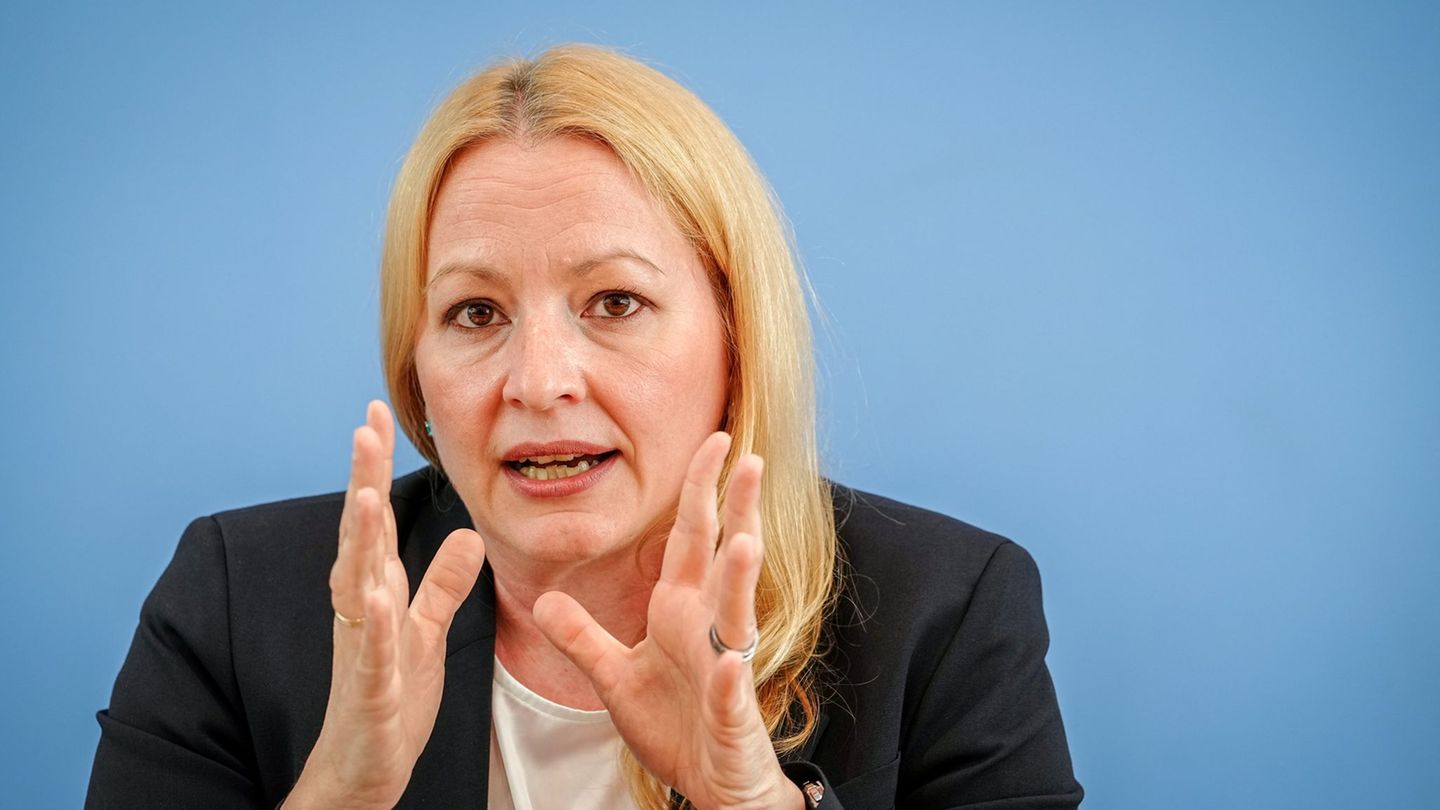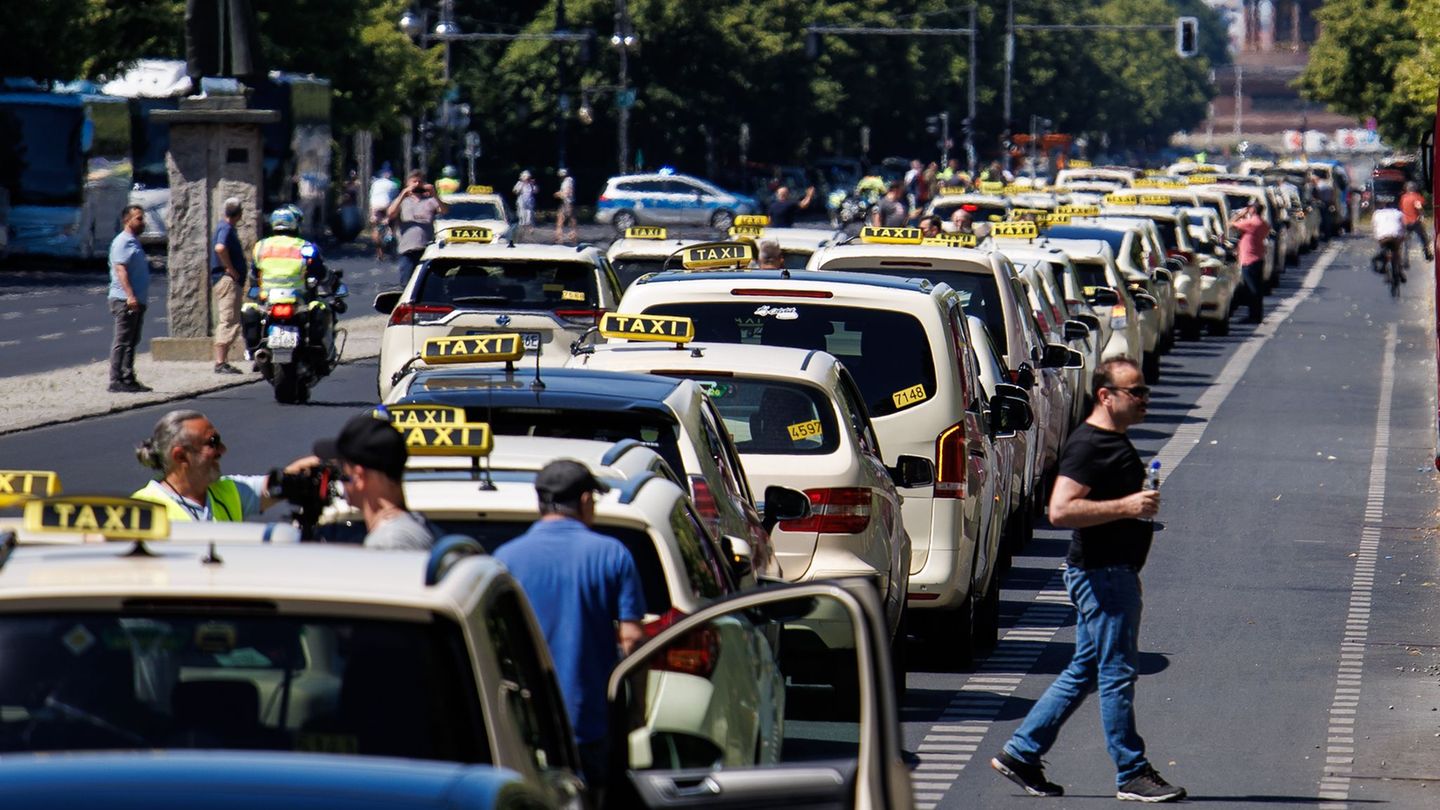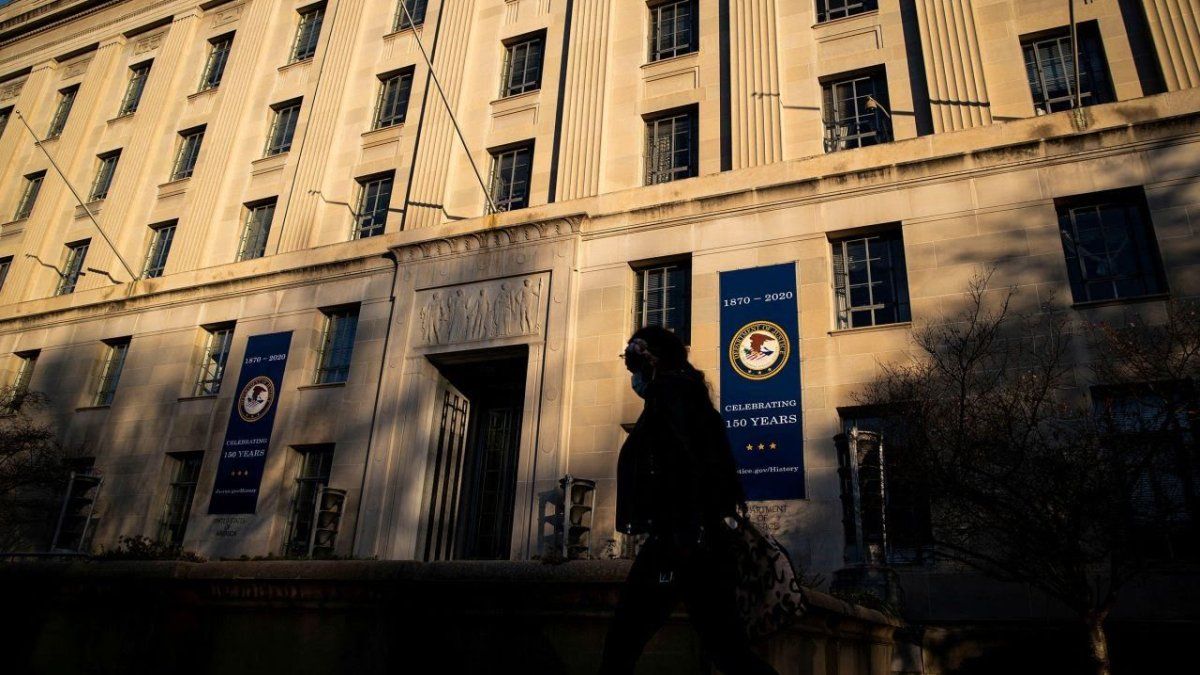Digitalization
KMK President confident for new digital pact
Copy the current link
The federal and state governments have been negotiating money for further digitalization in schools for months. After the traffic lights went out, the situation didn’t get any easier. The KMK president remains optimistic.
Despite the break in the traffic light government, the President of the Conference of Ministers of Education and Cultural Affairs (KMK) is optimistic that the federal and state governments will still come to an agreement on financing digitalization in schools. “The general conditions have not become any easier due to the current political situation,” said Saarland Education Minister Christine Streichert-Clivot (SPD) to the German Press Agency in Saarbrücken. “I am confident that we can find a common path.”
It is based on a meeting with the new Federal Education Minister Cem Özdemir (Greens) this week at the DigitalPakt status conference in Berlin. The minister “appreciated what has been achieved so far in the area of digital education in the federal states,” she said. “This constructive attitude was an important signal to the federal states and a good start for further upcoming discussions and negotiations about a Digital Pact 2.0.”
The federal and state governments are fighting over money
“I see a great willingness of everyone involved to lead the negotiations on the Digital Pact 2.0 constructively and quickly to a good goal,” said Streichert-Clivot. She will also invite Özdemir to the next meeting of the Education Ministers’ Conference in December. “It’s clear to me: We urgently need a Digital Pact 2.0.”
The dispute between the federal and state governments over money for further digitization in schools has been simmering for months. In the first digital pact, which expired last May, the federal government had contributed 6.5 billion euros since 2019. With this he financed 90 percent of the expenses for digitization in schools such as laptops and digital boards. The remaining ten percent was borne by states and municipalities. Berlin now wants to finance a maximum of 50 percent. The countries consider that to be too little.
Closing the “digital divide”.
The KMK president said it was important to continue the investments of previous years. “Otherwise we run the risk of taking steps backwards in digitalization in our schools. That must not happen.” Investments in the digitalization of schools also have a social dimension. “We urgently need to close the digital divide and ensure no young person is left behind.”
dpa
Source: Stern
I have been working in the news industry for over 6 years, first as a reporter and now as an editor. I have covered politics extensively, and my work has appeared in major newspapers and online news outlets around the world. In addition to my writing, I also contribute regularly to 24 Hours World.




